Yesterday, the US Supreme Court, in what I predict will become a landmark free speech case, ruled that the US Patent and Trademark Office could not refuse to register a trademark because someone might get their feelings hurt.
The case, Matal v. Tam, involved an Asian-American band called “The Slants” who were refused a trademark on the grounds that “slant” was a disparaging term for Asians. Justice Samuel Alito, long a stalwart Free Speech warrior, led the way and even timorous Anthony Kennedy found the sack to go along:
From today’s opinion by Justice Samuel Alito (for four justices) in Matal v. Tam, the “Slants” case:
[The idea that the government may restrict] speech expressing ideas that offend … strikes at the heart of the First Amendment. Speech that demeans on the basis of race, ethnicity, gender, religion, age, disability, or any other similar ground is hateful; but the proudest boast of our free speech jurisprudence is that we protect the freedom to express “the thought that we hate.”
Justice Anthony Kennedy wrote separately, also for four justices, but on this point the opinions agreed:
A law found to discriminate based on viewpoint is an “egregious form of content discrimination,” which is “presumptively unconstitutional.” … A law that can be directed against speech found offensive to some portion of the public can be turned against minority and dissenting views to the detriment of all. The First Amendment does not entrust that power to the government’s benevolence. Instead, our reliance must be on the substantial safeguards of free and open discussion in a democratic society.
Naturally, the Washington Post and the New York Times had something to say, and it is interesting to see how major newspapers who have editorialized in favor of government intervention (to strip the Washington Redskins of their trademark because the name is allegedly offensive) but who also have elevated veneration of the Supreme Court to a bizarre type of idolatry react when their god repudiates them.
The Post:
This is strong medicine, both in terms of the support it offers free speech and in terms of what it requires of those who do take offense at expressions likely to enjoy court protection as a result of this opinion — specifically the Washington football team’s name, which was also the subject of a suit against its trademark. The answer, in our view, is to redouble all lawful efforts to get that name changed, even if a federal lawsuit probably can’t be one of them. As the court’s decision reminds us, constitutional and decent are not the same thing.
https://twitter.com/HashtagGriswold/status/877160866227113985
The Times is actually funny:
Writing for the majority, Justice Samuel Alito said the law violates a “bedrock First Amendment principle: Speech may not be banned on the ground that it expresses ideas that offend.” That’s the right call. The First Amendment bars the government from discriminating among speakers based on their viewpoints. In this case, the Trademark Office did that by blocking only registrations for trademarks it determined to have negative connotations. The free-speech clause doesn’t apply to the government’s own speech, but registered trademarks can’t be put in that category — otherwise the government would have to argue that it endorses each of the more than two million trademarks it has already registered.
The decision is likely to help the Washington Redskins, who lost their trademark protections in 2014 after years of complaints from Native American groups. At the time, this page supported the Trademark Office’s decision, and we still regard the Redskins name as offensive. Based on this case, however, we’ve since reconsidered our underlying position. [my italics]
The irony here is overwhelming. Two private enterprises that depend upon the First Amendment in order to function were perfectly willing to have that right stripped from another private enterprise, The Slants, simply because someone, somewhere might be offended by the band’s name, as opposed to its music. In fact, the Washington Post has editorialized in favor of draconian speech codes on campus and encouraged schools to “make crystal clear that racist signs, symbols and speech are off-limits.” One hopes they got the message yesterday, but, somehow, one also doubts it.





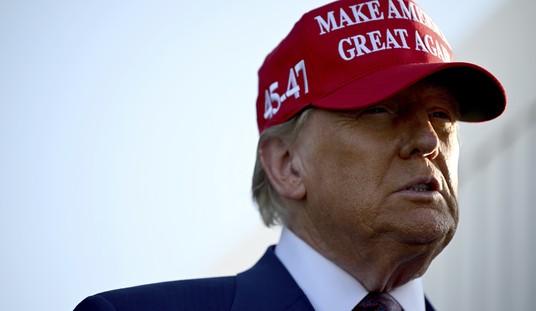
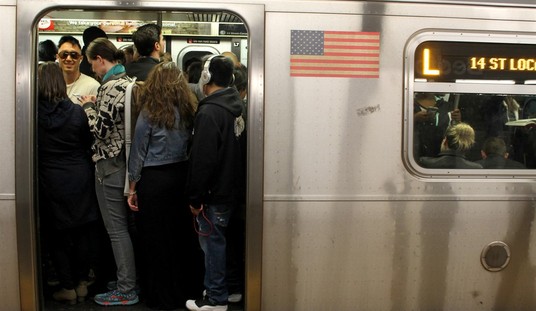
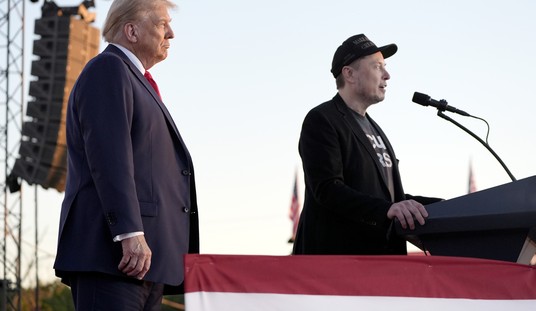



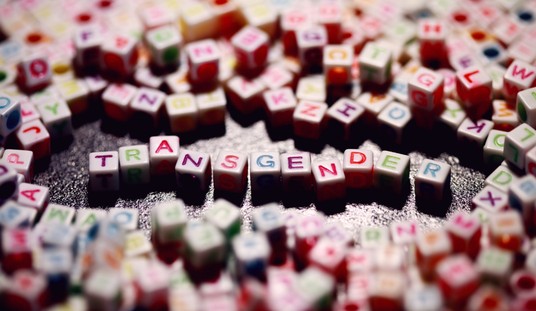
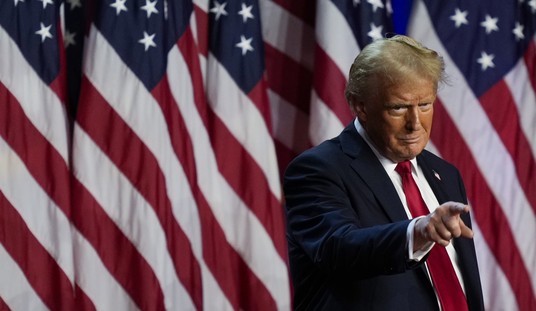
Join the conversation as a VIP Member